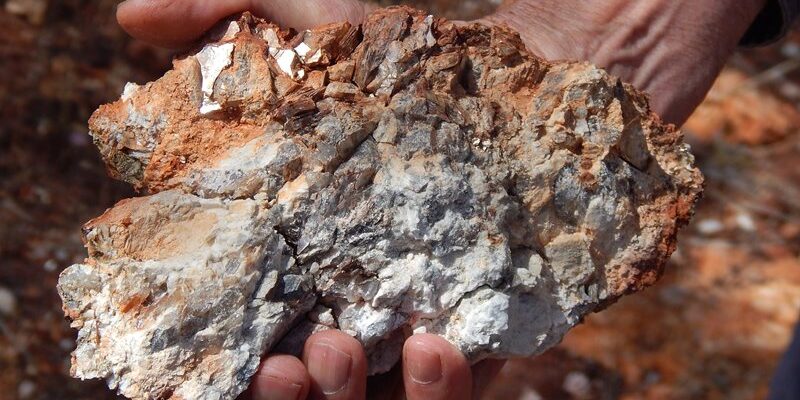
A heated competition between the United States and China for control over strategic minerals critical to the global energy transition has brought the Democratic Republic of Congo (DRC) into the spotlight.
At the forefront of this race is cobalt, alongside other valuable resources found deep beneath the Congolese soil.
On July 11, 2023, John James, president of the Africa sub-committee, introduced a bill in the U.S. House of Representatives that calls for the establishment of a national strategy to secure critical mineral supply chains from the DRC. James argues that the dominance of Chinese companies in the extraction, processing, and refining of these minerals poses both economic and national security threats, impacting energy independence and military readiness.
The DRC, as Africa’s leading mining producer, holds the key to over 70% of the world’s cobalt supply, a vital metal for batteries used in electronics and electric vehicles. The country is also rich in copper, lithium, tantalum, and germanium deposits.
The bill, co-sponsored by Jim Baird, Young Kim, Thomas Kean Jr., and Cory Mills, all Republican members of the House of Representatives, specifically targets the DRC.
This underscores the growing trade dispute between Washington and Beijing as they vie for control over these strategic metals, essential for renewable energy and clean technologies such as electric batteries, solar panels, and wind turbines.
China and its companies have established strong positions across the entire value chain of these strategic minerals.
According to a recent analytical note from the Geological Society of America (GSA), Beijing currently possesses two-thirds of the world’s refining capacity for all minerals combined.
This includes refining 90% of manganese, 76% of cobalt, 65% of lithium, 58% of aluminum, 90% of rare earth elements, and 40% of copper globally.
The DRC must recognize the crucial role it plays in the global energy transition game. It is imperative for the country to navigate this landscape carefully and make informed decisions to safeguard its interests while balancing the competing demands of the United States and China.





